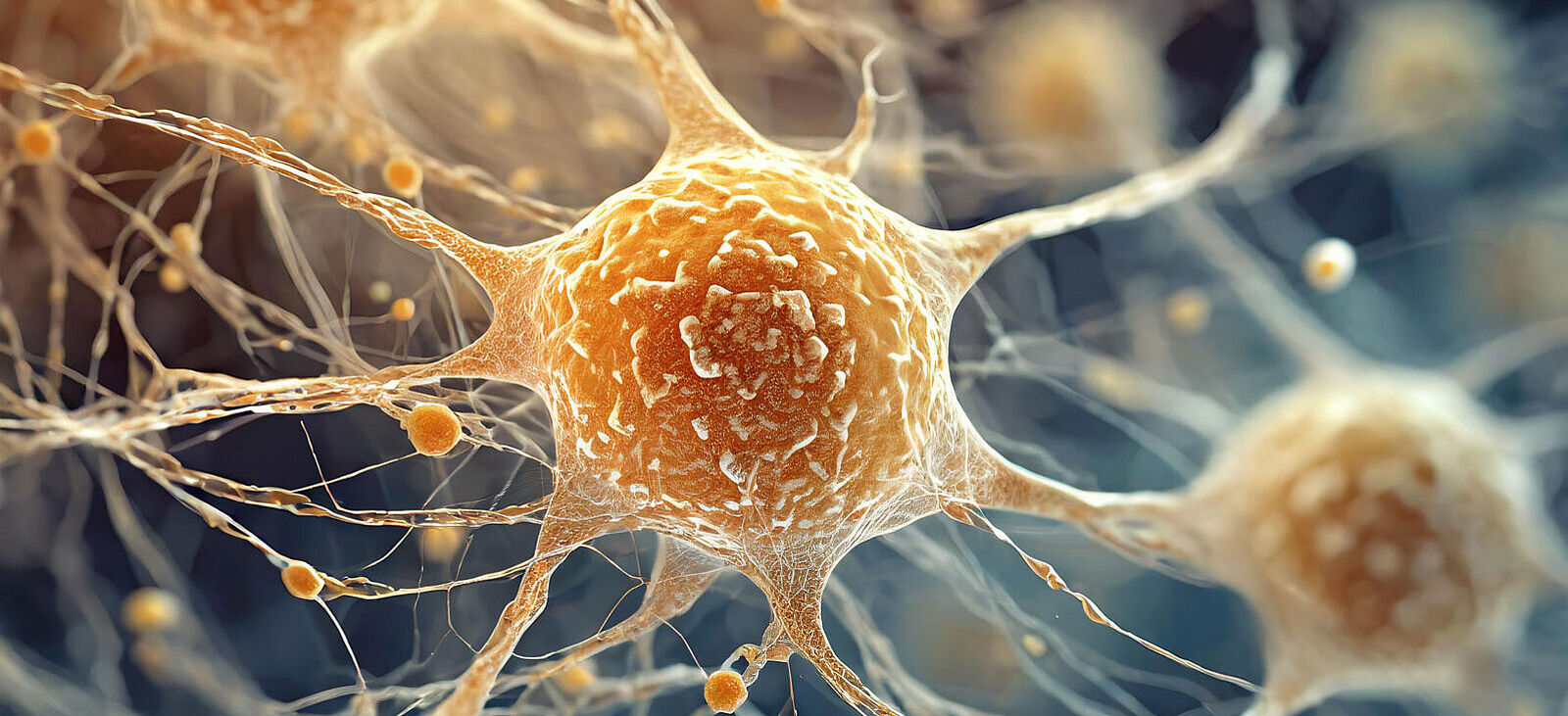New Approaches Against Dementia

„Alzheimer Forschung Initiative“ funds DZNE projects in Bonn and Munich
The Alzheimer Forschung Initiative (AFI) is funding four DZNE research projects with a total of almost 600,000 euros. The focus is on the brain’s immune cells, a potential gene therapy against Alzheimer’s, genetic risk factors for frontotemporal dementia and the question of how well a blood test can predict the risk of Alzheimer’s disease.

Can TREM2 be targeted to prevent Alzheimer’s disease? (Link to page in German): In this project, a research team led by Prof. Stefan Lichtenthaler (Munich) will be studying TREM2, a protein molecule found on the surface of the brain’s immune cells. These cells – also known as microglia – protect the brain from hazards. TREM2 acts like a switch: when it is flipped, a signal is sent to the microglia cell to increase its activity. In laboratory experiments, the scientists aim to investigate how this switch can be influenced in order to contain inflammatory processes associated with Alzheimer’s disease. With this, they want to lay the foundation for new therapies.

A gene therapy to prevent sporadic Alzheimer’s disease (Link to page in German): This project focuses on ApoE3, a variant of the ApoE gene, which plays an important role in fat metabolism. People with this particular genetic variant have an increased risk of developing Alzheimer's disease. A team led by Prof. Martin Fuhrmann (Bonn) aims to modify this risk gene using a gene therapy approach, thereby reducing the risk of Alzheimer's disease. To this end, studies in cell cultures and mice are planned. The researchers hope that this will lay the foundations for a novel preventive therapy for Alzheimer's disease.

Which genetic risk factors favour the development of frontotemporal dementia? (Link to page in German): The aim of this project, led by Prof. Anja Schneider (Bonn), is to identify genetic risk factors for frontotemporal dementia (FTD) using a technique called GWAS. FTD is a rare brain disease characterized by behavioral problems, memory loss and speech disorders. Identifying such risk factors could help to find new approaches to the treatment of FTD. In the project, several large groups of people with FTD will be studied, this will be done in collaboration with experts from the Netherlands.

Can a single blood test predict the risk of developing Alzheimer's disease? (Link to page in German): Prof. Monique Breteler (Bonn), jointly with experts from the Netherlands, will use data from two large population-based studies – the Rheinland study and the Dutch ERGO study – to investigate the extent to which blood tests can reliably assess the risk of Alzheimer's disease in its early stages. Data from over 5,500 people will be analyzed for this project.
February 2025
